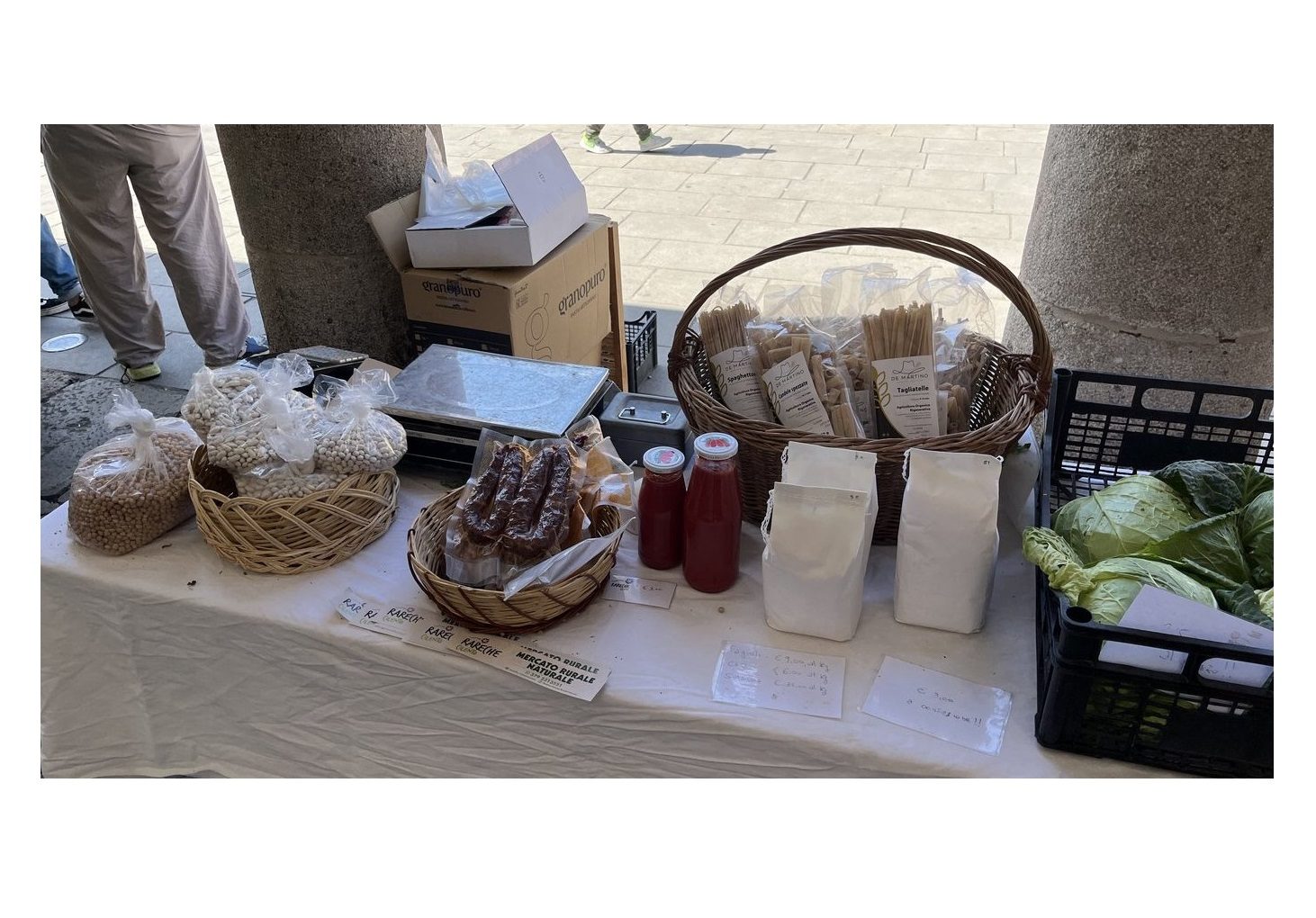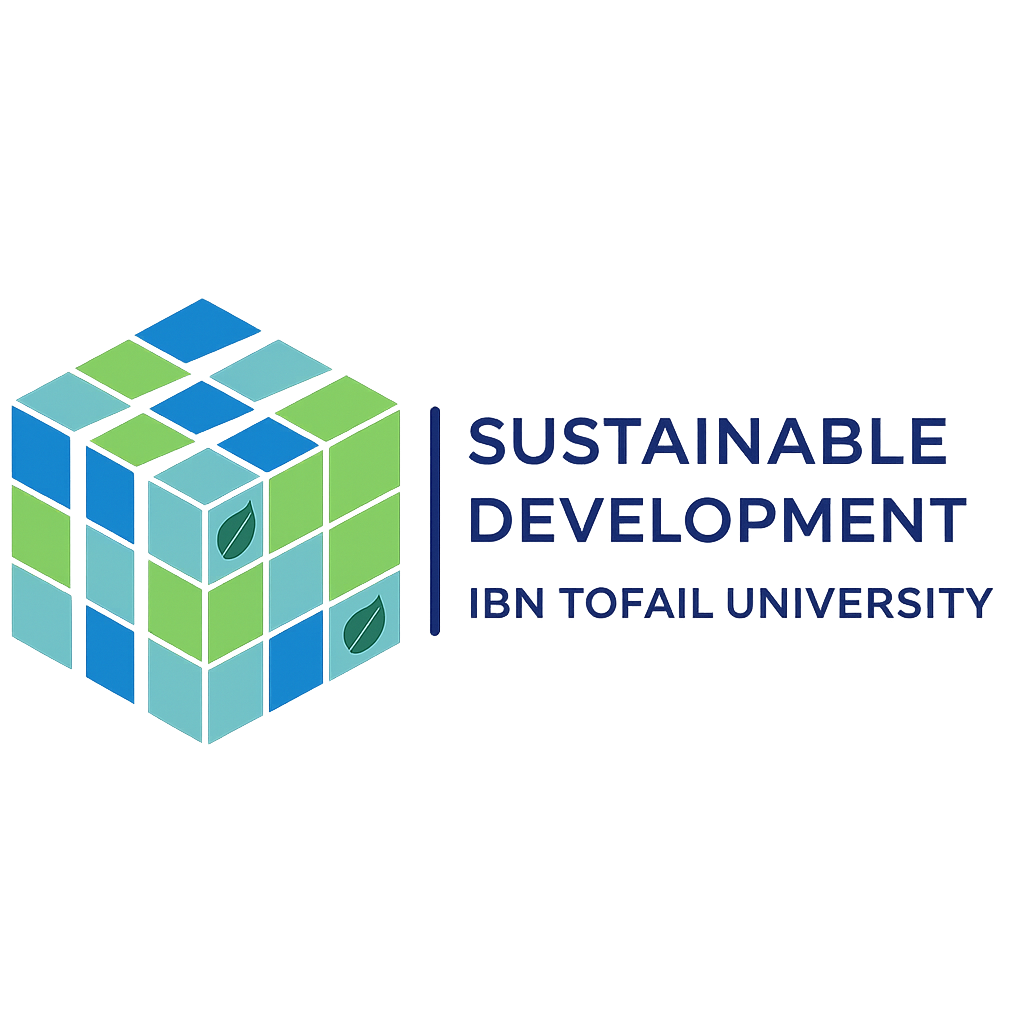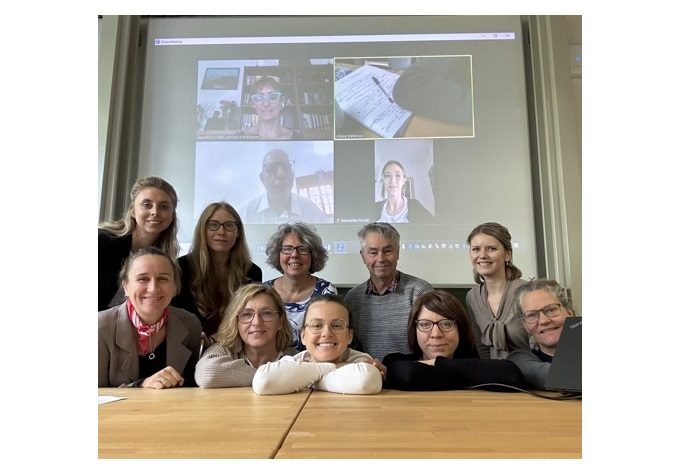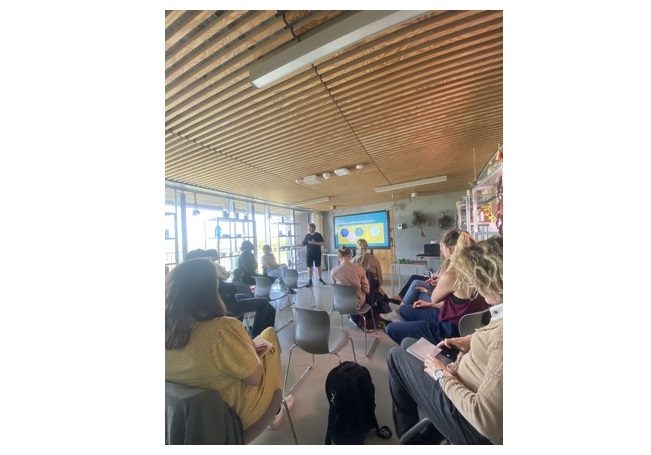Project Moroccan Holder: Pr. Youssef ABOUSSALEH (Ibn Tofail University)

Project period: Januar 2021 – June 2024
Consortium Partners
- University of Kassel, Germany – Organic Food Quality and Food Culture Department
- Ibn Tofail University, Morocco – Faculty of sciences
- University of Copenhagen, Denmark – Department of Nutrition, Exercise and Sports
- Warsaw University of Life Sciences, Poland – Department of Functional and Organic Foods
- Council for Agricultural Research and Economics, Italy – CREA Research Center for Food and Nutrition
- FH Münster University of Applied Sciences, Germany – Department of Food and Nutrition
- Mediterranean Agronomic Institute of Bari, Italy – International Center for Advanced Mediterranean Agronomic Studies (CIHEAM-Bari)
Project Description
– What are the common intervention and entry points within the food system to enable a transformation process towards resilient and sustainable food systems?
– How can pathways for increasing sustainable consumption and food production be successfully designed throughout the system?
– What are the reasons, motivations or drivers for actors to opt for the most sustainable solution?
– What are the intervention and entry points for developing, consolidating and disseminating improved organic food and farming, reducing waste and moving towards sustainable diets?
– What are the critical points for bringing these perspectives together in a systematic approach? This is done by mapping and analyzing five case territories (Copenhagen, Cilento, North Hesse, Warsaw, Kenitra).
Four perspectives have been adopted:
– System transition
– Evolution towards sustainable diets
– Improving organic food and farming
– Transdisciplinary waste reduction
This multiple transnational case study will involve a multi-stakeholder approach. SysOrg will result in improved and locally adapted strategies for the transformation of food systems across Europe and North Africa into sustainable, resilient and resource-efficient food systems with less environmental impact and high socio-cultural acceptance.


